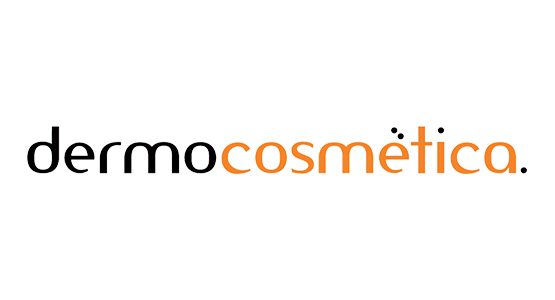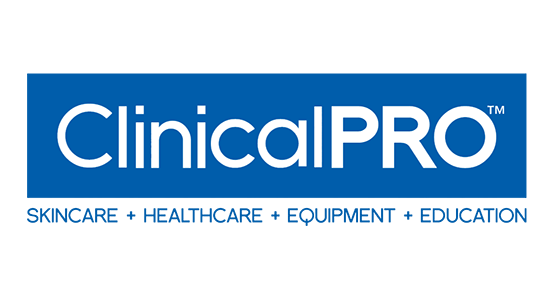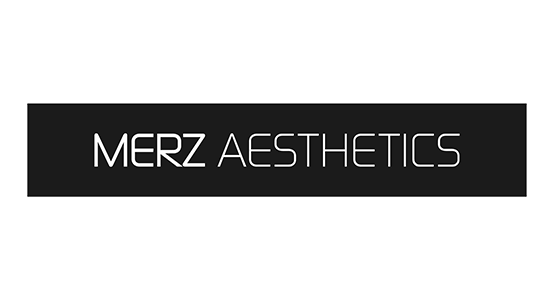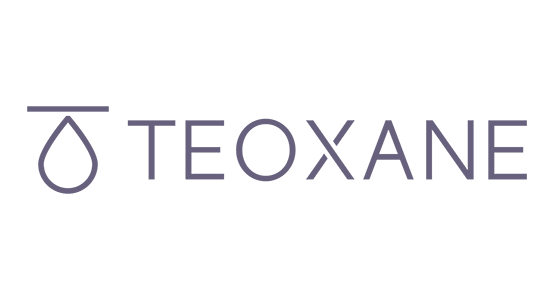Understanding How Menopause Affects Your Skin
Menopause marks a significant life shift for women, accompanied by various physical and emotional transformations. Among these, alterations in the skin can be particularly noticeable. As estrogen levels diminish during this phase, women may encounter a range of dermal challenges. This article delves into the primary ways menopause impacts the skin and provides guidance on managing these shifts.
Estrogen is a vital hormone instrumental in preserving skin health. It stimulates the creation of collagen and natural oils, which are essential for keeping skin plump, firm, and hydrated. As estrogen levels decrease during menopause, these functions decline, leading to several skin-related issues.
While these transformations can be demanding, it’s not without solutions! Numerous strategies can help address menopausal skin concerns and maintain a healthy complexion.
Common Skin Transformations During Menopause
1. Dryness & Dehydration
One of the most frequently reported skin complaints during menopause is heightened dryness. The reduction in estrogen leads to lower oil production, which can leave the skin feeling parched and taut. This dryness can also trigger itching, medically termed pruritus, which can be quite uncomfortable. A common consequence of dryness is also an increase in fine lines and wrinkles, making the skin appear more delicate or “crepey.”
Solution: Prioritise Hydration!
Keeping the skin adequately hydrated is crucial. Utilising serums, oils, and rich, nourishing creams can help combat dryness and enhance skin suppleness. Seek out products containing hyaluronic acid, omega oils, and ceramides, all known for their excellent hydrating properties. In-clinic procedures such as bio-remodellers are also an excellent way to deeply infuse the skin with moisture!
2. Diminished Elasticity
With reduced collagen synthesis, the skin loses its resilience and its ability to “bounce back,” especially around the jawline and neck. The skin may also appear thinner and more delicate.
Solution: Professional Clinic Treatments!
Professional clinic treatments, such as microneedling/skin needling, can effectively target menopausal skin concerns. Microneedling stimulates the production of collagen and elastin, aiding in the reduction of wrinkle appearance and leading to smoother, more youthful-looking skin. Skin needing operates by initiating a three-phase process that activates the skin’s innate healing mechanisms.
3. Wrinkles and Fine Lines
The decrease in collagen and elastin, coupled with reduced skin moisture, accelerates the emergence of wrinkles and fine lines. While natural aging contributes to wrinkles, menopause can make them more pronounced, particularly around the eyes, mouth, and forehead.
Solution: Integrate Specific Skincare!
Products like retinoids, derived from vitamin A, can boost cell turnover and stimulate collagen production, lessening the appearance of wrinkles and refining skin texture. Additionally using specific skin care designed for menopausal skin!
4. Increased Sensitivity
Hormonal shifts can make the skin more reactive to irritants, including soaps, detergents, and even certain fabrics. Women might notice their skin reacting more intensely to products they previously used without issue. Lower estrogen levels can cause the skin to become itchy, sensitive, or inflamed. Furthermore, when hot flushes occur, the skin tends to perspire, which can also disrupt the skin’s barrier, leading to sensitivities.
Solution: Fortify Your Skin Barrier!
More aggressive approaches aren’t always better when treating the skin. In fact, they can often be detrimental to dry, sensitized skin. Incorporating barrier-protecting products into your skincare routine is an excellent way to soothe and repair an impaired barrier. Clinical treatments like Healite II will also stimulate cellular activity and promote healing without disrupting the skin’s barrier.
5. Hyperpigmentation
Some women may observe the development of dark spots or hyperpigmentation, often a result of a combination of hormonal changes and years of sun exposure surfacing on the skin. A comprehensive treatment approach is best when addressing pigmentation concerns.
Solution: Sun Protection and Pigment Inhibitors!
Shielding the skin from UV damage is more crucial than ever. Regular use of broad-spectrum sunscreen can prevent further damage and lower the risk of hyperpigmentation. It’s also wise to wear protective clothing and avoid direct sun exposure during peak hours. Clinical treatments like depigmenting peels, laser, or IPL are fantastic ways to correct pigment concerns.
Consult with a Professional
If menopausal skin changes are particularly troublesome, it’s advisable to consult with a skin professional to address concerns and develop a personalized treatment plan. This might involve topical therapies, in-clinic treatments, or even hormone therapy if deemed appropriate.
Menopause can bring about notable changes in the skin, from dryness and sensitivity to wrinkles and hyperpigmentation. Understanding these changes and adopting a proactive skincare regimen alongside professional treatments can help manage symptoms and keep the skin looking healthy and vibrant. While this transition may require some adjustments, it also presents an opportunity to prioritize self-care and embrace these changes with grace and confidence.
Book your menopausal skin treatment consultation at Hamilton Skin Clinic











